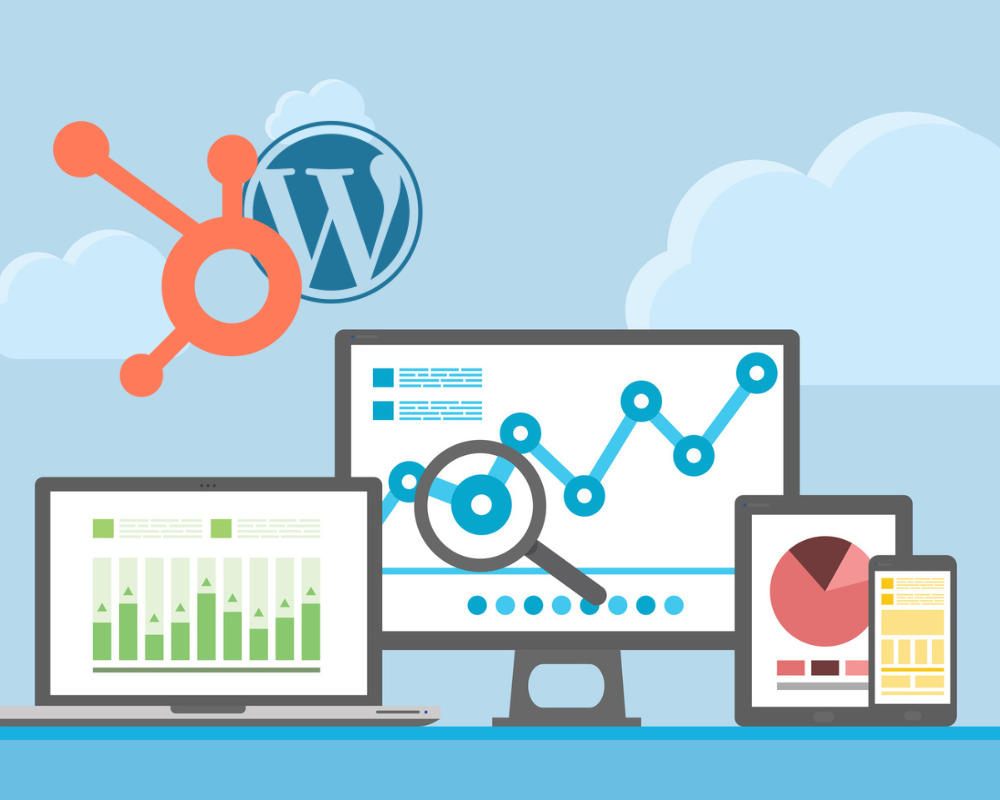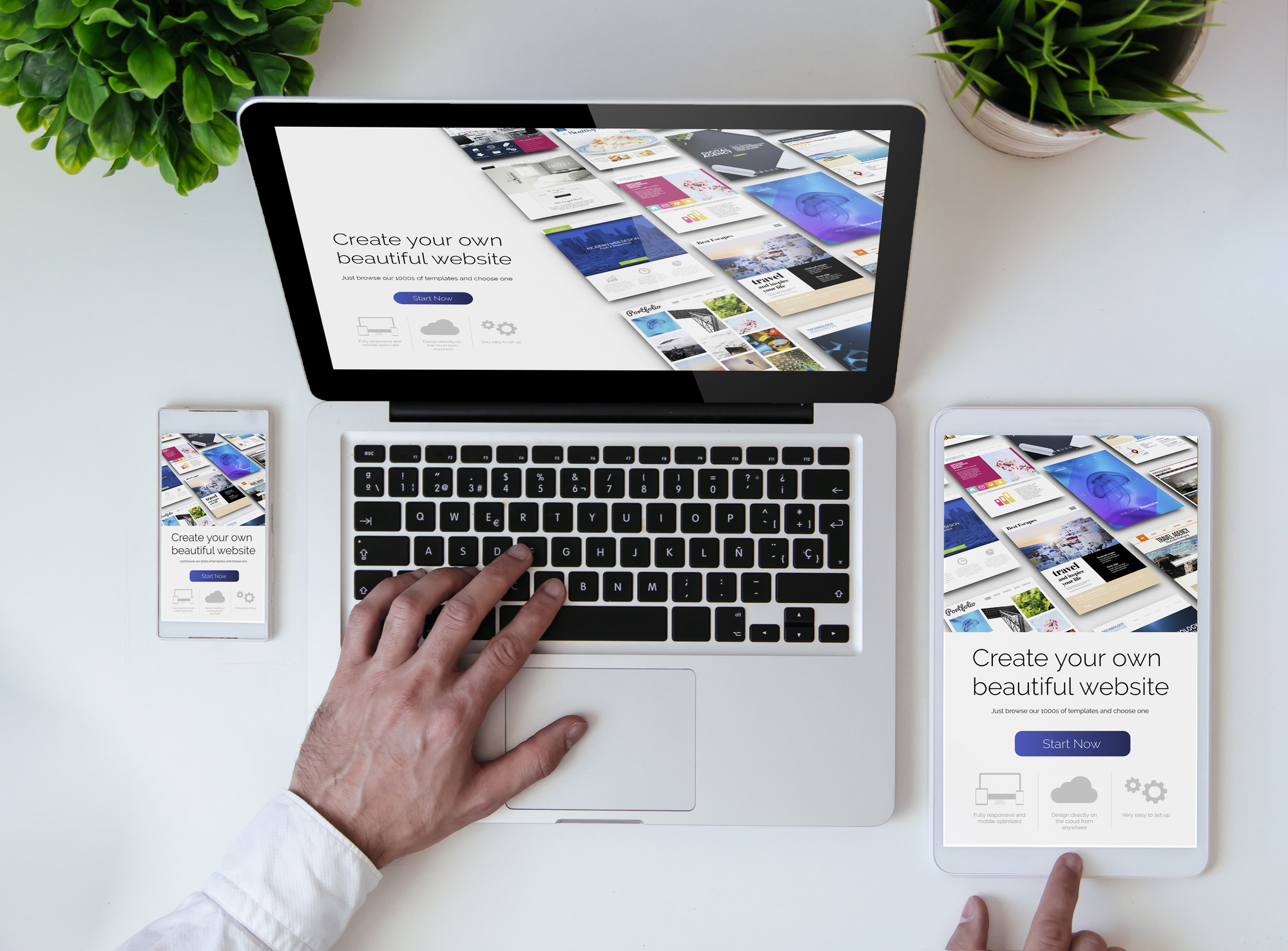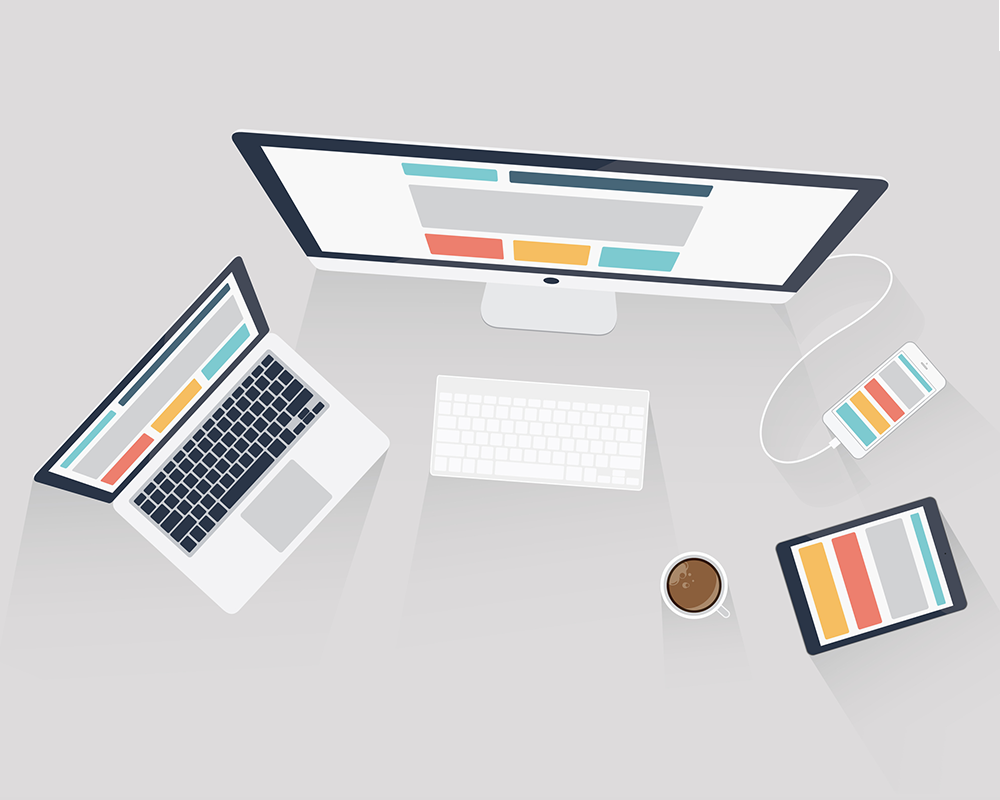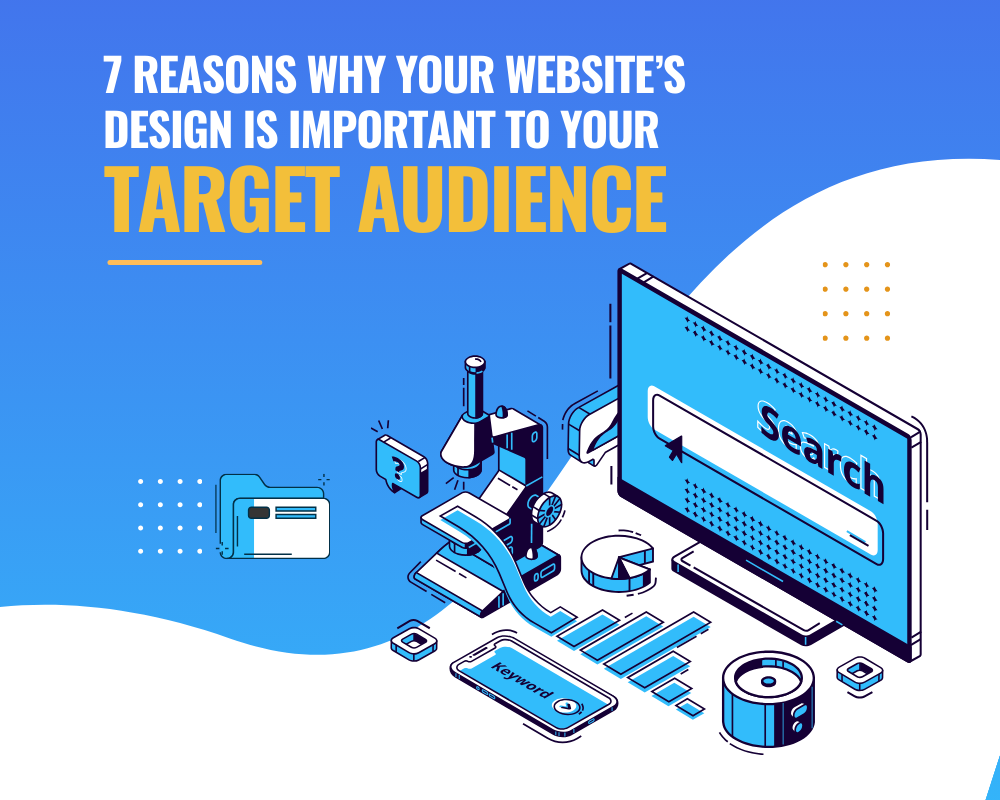In the battle of website CMS giants — HubSpot vs. WordPress — which is better for SEO specifically?
Our Web Design Process
Phase
Phase
Phase
Phase
Phase
Phase
Which Web Design
strategy is right for me?
EMERGING
BUSINESS
PACKAGE
Start with an emerging business package if your goals are to:
- Establish credibility and brand identity
- Build an online presence
- Redesign your existing website (20 pages or less)
- Get your feet wet on lead-gen websites
CUSTOM
SOLUTION
PACKAGE
Get a custom solution if your goals are to:
- Rank high by search engines with SEO tactics
- Generate More Online Leads
- Generate Marketing Automation that is linked through your website, emails, ads, etc.
- Improve your existing web marketing efforts
Web Design Services We Offer






Examples of Our Work
BEFORE
AFTER
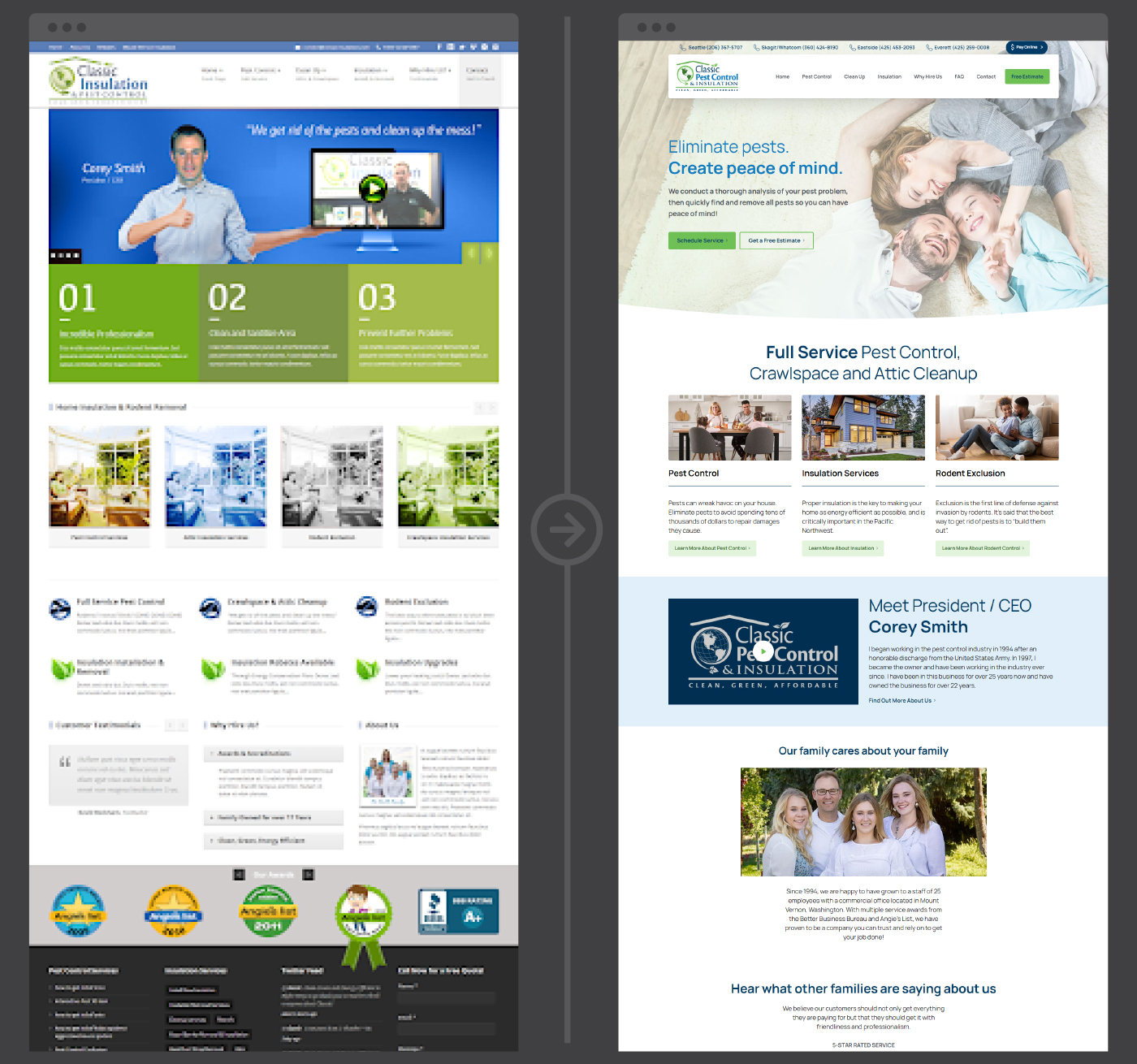
RELATED CONTENT:
Established Businesses
Creating Measurable Results for Our Clients
Appearing On Page 1
Of Search Results
for over 36 keywords

New Law firm with a goal to compete
with longer established firms
Ranked In The Top 3
Search Results
for multiple keywords

Landscaping company with a goal
to generate more online leads
34% Increase Of
Online Leads
through online submission forms

Pest control company with a goal to
move customers through the sales funnel

WorldLight Media has designed and developed dozens of websites through the years. See what our clients say about us.
.png)
Emerzian Shankar Legal, Inc

Whitcomb Selinsky, PC

Sound Finish
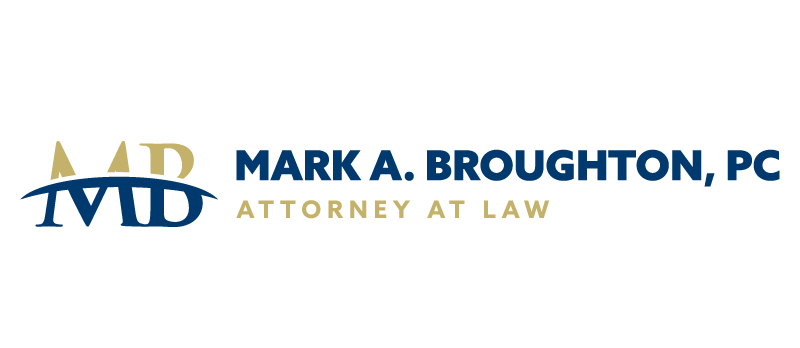
Fresno Criminal Lawyer

Classic Insulation & Pest Control
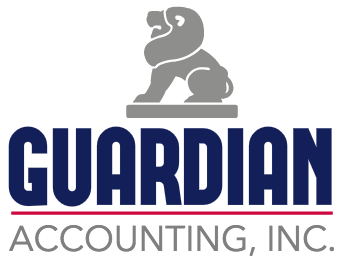
Guardian Accounting, Inc
Web Design FAQs
- What does a Web Designer do?
-
A web designer’s job is to envision and plan a strong web presence that will help companies stand out from their competition, attract the right website visitors, and turn those visitors into customers, clients, and patients. They plan out how a website should look and function to obtain the best results.
- What is the difference between Web Design and Web Development?
-
Web Design is how a website looks and functions on the front end, with both the company’s and the user’s goals in mind. Colors, fonts, and images are part of web design, but so is formatting, navigation, next steps, and calls to action. Everything about web design affects the user experience and must be considered through that UI/UX lens.
Web Development encompasses things like coding, scripting, and the technical aspects of a website such as performance, speed, capacity, and security.
Think of it this way: the web designer is the architect who plans how a house will look taking into consideration how it will be used, while the web developer is the contractor who actually builds the house.
- How much does it cost to build a website?
-
The cost to build a website depends on variables such as the purpose of the website, the amount of content, features of the site, and web hosting. You could invest as little as $3,000 or up to $50,000 or more, depending on just what you need your website to do. Click here to see some price comparisons.
Or, even better, request a consultation to get an estimate based on a customized solution based on exactly what you need.
- How do I choose a Web Design Company?
-
You have a lot of options when it comes to choosing the best web design company. There are many talented web designers out there, but you want a company that is the best fit for you and your specific needs. Some things to consider in making your choice include:
- Skill, Knowledge, and Experience as evidenced in their portfolio of work, reviews, and testimonials, as well as their own website.
- High-Quality User Experience can make or break a potential customer. You want to choose a web design company that understands the importance of user experience and the overall functionality of your website. This means having things like clear calls-to-action, responsive websites, easy navigation, and easy-to-follow steps. If viewers can't easily find what they're looking for, they will move on to another business. Look for someone with high-quality UX design.
- Industries They’re Experienced With … have they worked with companies similar to yours or within industries similar to yours? And do they have experience with a variety of industries?
- Passion and Creativity are important because you don’t want your website or web pages to look like a clone of someone else’s.
- Professional Web Development Process … if they don’t have one, it might be a warning sign.
- Communication is a major determining factor when choosing a web design company. Make sure that their communication style fits yours and ask questions so you know what to expect regarding project status updates and follow-up.
- Integrations... What integrations can the company implement on your website that your business needs? If your business needs sales software, a CRM, legal applications, or other online apps to function, it's important to look for a company that can include these things on your site.
You don’t need to find an award-winning digital agency in order to have an awesome website. As we said, there are tons of talented web development agencies out there.
- What is full-service web design?
-
Full-service web design agencies will help provide you with everything your business needs. They provide more than entering in some HTML and CSS and calling it a day. A full-service web development company will be able to create an entirely custom website for you, provide you with website hosting, and will help you with analytics software (like Google Analytics) to track how well your website is performing.
They will be able to provide you with a fully custom web design solution that addresses all your needs and helps business owners like yourself boost your online conversions.
- How long does it take to build a website?
-
The length of time it takes to build a world class website is very dependent on the individual project and can vary from 4 weeks up to 12 weeks or more, depending on the specific details of the website. There are many phases to the web design process, and the degree of complexity of each can affect the overall time required for completion.
- What is the process for building a website?
-
While some companies might do things differently, our web design process follows this template:
- Kick-Off Phase, the initial step in our project management process, which includes an initial meeting and information gathering
- Strategy Phase, including the planning of SEO keywords, messaging, lead generation, navigation, etc.
- Design Phase, where you’ll see a mockup of the site (also called a wireframe), including graphics, photos, colors, and fonts.
- Development Phase, which is where the website is actually built
- Beta-Testing Phase, where you see the site and have the chance to review both the content and functionality
- Launch Phase, when the website goes live to the world
- Drive Traffic Phase, which includes strategies for getting people to find your new website
- Why is Good Web Design Important?
-
Whether you are a small business or a multi-million dollar corporation, the impact of good web design is such that it can directly affect the results you get from your website. Web design affects user perception of your company. It affects your ability to attract the right audience. It has an impact on how customers experience your company. And it can affect your conversions, sales, and bottom line.
- What is Mobile-First Design?
-
Mobile-First web design is the approach of designing a website while prioritizing the needs of mobile devices (smaller screen sizes, different usability concerns) over traditional desktop or laptop computers.
- What is Responsive Design?
-
Responsive web design is the approach of designing a website that will respond and adapt to whatever device it’s viewed on and perform well on all of them. This ensures that users can enjoy a great user experience whether they are on a mobile phone, tablet, or desktop computer. Usually, the experience is customized to the device.
For example, a mobile user wouldn’t use a mouse, and therefore wouldn’t be able to see animations that occur in response to hovering a mouse cursor over an element such as a button or a navigational menu. Careful planning and attention to these details must be applied to create interactivity for users across all devices and platforms.
- What are the different types of Websites?
-
Your website represents the digital presence of your business. Whether you sell digital products, Software as a Service (SaaS), or physical products and services, your business website is designed to reach your target audience in ways that traditional marketing can’t.
Websites are as unique as the companies they represent, but they generally fall into one of these types:
- Single Landing Page
- Brochure Website
- Lead Generation Website
- Sales Funnel Website
- E-Commerce Website
- What is a CMS (Content Management System)?
-
A CMS (content management system) is what is used to manage, store, and publish the digital content of your website. This includes the pages, posts, media (graphics, images, pictures, audio, and videos), and the files of backend code that makes it all work.
- What is WordPress?
-
WordPress is a website-building software and CMS widely used to publish many websites currently on the internet. It is free and open-source, but there are specific pros and cons of using WordPress that you will want to consider before choosing it as the foundation of your website.
- What is HubSpot?
-
HubSpot is a software solution that helps your company grow. It is a CRM (customer relationship management) platform that incorporates marketing, sales, service, operations, and website CMS into a cohesive tool that enables you to connect all of these pieces of your business together to efficiently manage your relationship with your customers.
- What is HubSpot CMS?
-
HubSpot CMS is website software that includes hosting, flexible themes, dynamic content, easy drag-and-drop editing, memberships, and more. There are both pros and cons to using HubSpot CMS for your company’s website, and you should explore them all before choosing it as your solution.
- How do I choose the right CMS for my website?
-
In choosing between WordPress vs. HubSpot CMS for your website, consider and compare these factors as they apply to each of them:
- Ease of Use
- Speed
- Security (including SSL certificates, firewalls, and threat monitoring)
- Updates Required (how frequently and how are updates installed?)
- Analytics (measuring performance)
- How do I get traffic to my website?
-
A beautiful, functional website does you no good if nobody ever sees it. And it takes more than simply building a website to get people to it so that they can learn about your business and then take the next step to become a customer. Here are a few proven and foolproof ways to drive traffic to your website:
- Advertise
- PPC (Pay-Per-Click) Ads
- Social Media
- SEO (Search Engine Optimization)
- Email Marketing
- Content Marketing
- Do I need a website if I run a non-profit?
-
Yes! Websites are not only for entrepreneurs and startups.
Non-profit websites are great for spreading information about your organization. They can also be used to collect online donations from your patrons. Budgeting in a website as part of your non-profit’s marketing services is a great way to create interactive digital experiences for your target audience. Sometimes a non-profit’s website is what makes the first impression on a potential donor and drives awareness of your organization. - What if I already have a website, but I am dissatisfied with its current design?
-
Our website design company can also help with website redesign if you aren’t satisfied with your current online presence.
- Do you create websites for companies outside of California?
-
Yes! It doesn’t matter if you are in Los Angeles, Austin, or New York City (NYC). We are happy to provide top-notch services for clients anywhere in the country.



